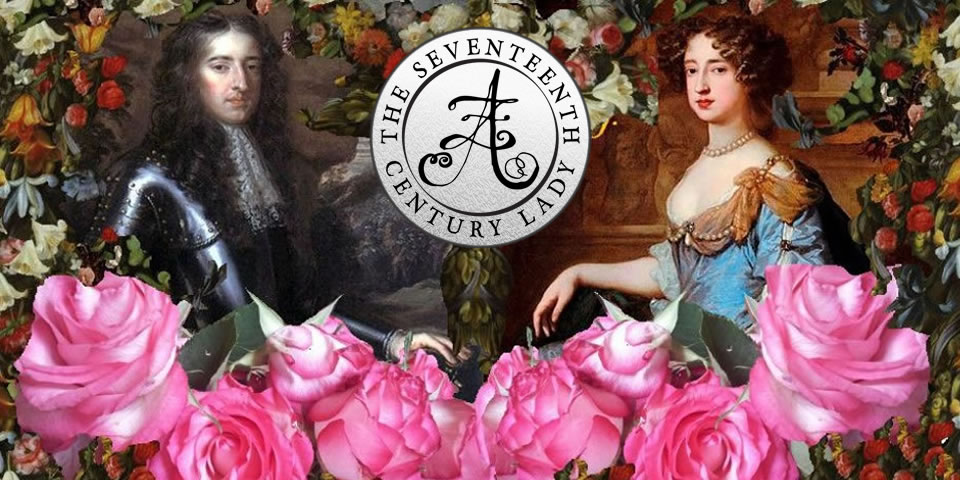After many years of wanting to read Daniel Defoe’s Roxana: The Fortunate Mistress, I have just finished listening to the unabridged Audible audiobook recording of this classic. Daniel Defoe who lived from 1660 – 1731, was a fascinating historical figure: he was a rebel in Monmouth’s Rebellion in 1685, to his work as a spy, and his books A Journal of the Plague Year and Moll Flanders.
Vibrantly read by Juanita McMahon, I thoroughly enjoyed this story. Published in 1724, and in the first-person as a memoir, “Roxana” describes her youth, marriage to a man she constantly refers to as “a fool” and the dire straits she found herself in following her abandonment by this man. She gives this advice:
“If you have any regard to your future happiness, any view of living comfortably with a husband, any hope of preserving your fortunes, or restoring them after any disaster, never, ladies, marry a fool; any husband rather than a fool. With some other husbands you may be unhappy, but with a fool you will be miserable; with another husband you may, I say, be unhappy, but with a fool you must; nay, if he would, he cannot make you easy; everything he does is so awkward, everything he says is so empty, a woman of any sense cannot but be surfeited and sick of him twenty times a day.”
Following her husband’s sudden departure, Roxana, faces financial ruin and certain starvation for herself and her five young children. Her only fortune is that she is still young and very beautiful. The great question she faces is this: should she be a virtuous beggar, or a rich mistress and whore?
Someone with her great vanity has little option but to go down the road to whoredom. And so she goes from man to man, increasingly revelling in riches and infamy.
Money is very important in the story and often characters spoke of how many pistoles this cost or how much they gained in rent, etc. Roxana, after going through an initial period of poverty, eventually amasses a fortune through her sexual favours.
“Well, he lay with me that night, and the two next, and very merry we were all the three days between; but the third night he began to be a little more grave. “Now, my dear,” says he, “though I have pushed this matter farther than ever I intended, or than I believe you expected from me, who never made any pretences to you but what were very honest, yet to heal it all up, and let you see how sincerely I meant at first, and how honest I will ever be to you, I am ready to marry you still, and desire you to let it be done to-morrow morning; and I will give you the same fair conditions of marriage as I would have done before.”
Roxana’s trusted servant and friend, Amy, follows her mistress throughout all of her adventures and misadventures and is corrupted by Roxana early on.

Portrait of Defoe by unknown artist. Public domain.
Roxana’s lovers and benefactors include a jeweller, a foreign prince, a Dutch merchant, among others. Later in the book, she befriends a Quaker woman and once again meets her Dutch merchant (who was my favourite of her lovers because he was so steady and principled).
Some parts of the story reminded me of Kathleen Winsor’s Forever Amber, which has a beautiful but vain and selfish protagonist. Unlike Amber, who I nearly hated because she was so self-centred, I had an affection for the character of Roxana. Defoe made me laugh because his Roxana has quite a few children and yet maintains an enviable body and great beauty.
But Roxana, although she had acquired great fortune and the titles of ‘Lady’ and ‘Countess’, loses everything as a result of her daughter. And so, this is a darker tale than Moll Flanders. I would, however, recommend potential readers seek the full 1745 edition – as this gives a fuller ending (a common cause for complaint is the abruptness of the ending in the original and in the abridged versions). I also disagree with those ready to label this “feminist” or “proto-feminist” as this book was very much before the movement began. Yes, “Roxana” becomes a woman of independent means, but in my opinion, it is surely wrong to use a 20th-century label on an 18th-century book.
4.5/5
You can read the whole of Roxana on Project Gutenberg.
Or, you can buy physical copies:


That sounds really good Andrea. I find it interesting to have a man writing as a woman. It gives a new perspective to the story!
It was really interesting – I think Defoe did a really great job – I don’t think I have the guts to write an entire book from a man’s point of view!